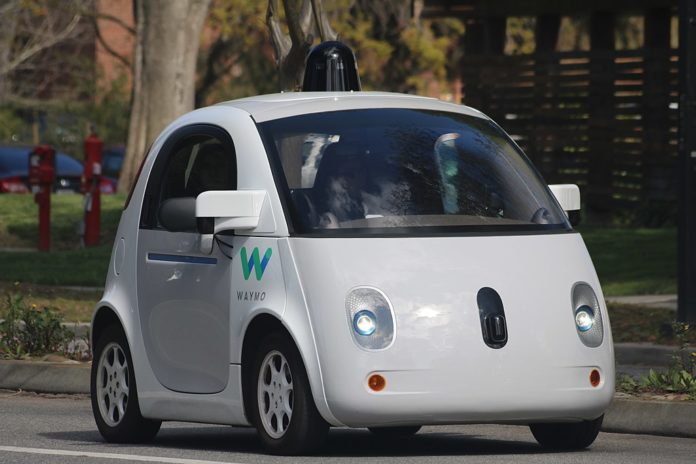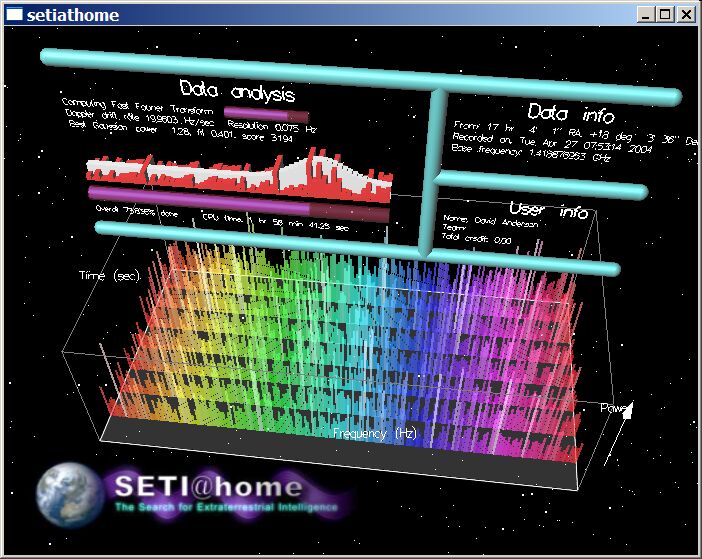
The web is peppered with articles on the future of cloud computing. The majority of these focus on things like artificial intelligence and big data that will aid big business and presumably know more about us than we do ourselves. It appears, however, that many are underestimating the impact that blockchain and cryptocurrency will have in a distributed computing world. Before we dive in though, let’s quickly recap what cloud computing is.
A Brief Overview of Cloud Computing
Outsourcing is a normal aspect of business and, in fact, daily life. Programmers can write code remotely from a different state. Virtual assistants can organize your day from somewhere in Asia. It may even just be your local plumber who’ll sort out that nasty blocked toilet you’ve been avoiding. This is part of a healthy economy. People specialize in certain skills. You pay them for those skills and get on with things by focusing on what you’re good at. Why not use this approach with IT infrastructure as well?
Many companies like keeping control of their own IT departments and the staff that maintains them. That may work for large companies with budgets to boot but for smaller companies and startups it often makes sense to have services available on demand.
And that’s what cloud computing provides, flexible online computing services that meet the needs of your business as it scales. Cloud computing services fall into three categories of a stack: Infrastructure as a Service (IaaS), Platform as a Service (PaaS), and Software as a Service (SaaS). For a detailed write-up follow along with our article on cloud computing.
Future World Applications
Driverless Cars
Or perhaps current-world? Driverless cars are already well on their way to becoming a reality. Fully automated cars are predicted to be ready as early as between 2025 to 2030. Though much of the decision-making will happen in-car, so to speak, cars of the future will need to connect to the cloud.
It’s almost a given that driverless cars will need cloud connectivity to function at their best. Image courtesy of Grendelkhan.
Automated cars will, in all likelihood, update their software on the road. They’ll also connect to the cloud to understand the movements of other driverless cars around them.
Video too will play a major role. While automated vehicles use their cameras primarily for navigation they also use them to prevent theft, vandals, and to provide evidence for incidents that may occur when out and about. A driverless car may be able to store this information locally, although it would probably be better served by uploading it to the cloud for review.
Crowd-Sourced Research
Many hands make light work. As we move to an increasingly connected world, scientists and researchers are looking for increased computing power to solve their puzzles. This is the goal of crypto projects like Golem where virtual supercomputers can be created and destroyed on the fly. Owners of spare computing power can rent out their extra resources and get paid in cryptocurrency for doing so.
This kind of approach can already be seen in projects like SETI@home. Anyone can download a free program and run it on their local machine. The program analyzes radio telescope data in the hope of finding extraterrestrial intelligence.

SETI@home. Imagine being one of the first to discover extraterrestrial life. Image courtesy of the SETI@home project.
Currently, nobody is incentivized (apart from goodwill and perhaps making a discovery of course) to take part in the program. But that possibility is still available. The open-source nature of code combined with blockchain technology can create scenarios where the public can contribute to programs that really matter to them. Authoritarian projects which claim to act in their best behalf may not get the nod.
From Centralized to Distributed
It’s certainly fun to speculate on the future use-cases of cloud computing but we still have some major issues to deal with. Foremost is the potential for centralized points of failure. In this fast-evolving industry, that ultimately lies with the likes of Amazon, Microsoft, Digital Ocean, and the other dominant cloud computing providers.
In the wake of the Facebook scandal and Google data breaches this year, the public continues to remain skeptical about the ownership of their data. Those kinds of worries will naturally carry over into the cloud computing space. Could Amazon censor your business for political reasons? Could Microsoft be the next target of a security breach?
Corporations spend big bucks on advertising trying to convince customers on how trustworthy they are. Unfortunately, corporates are incentivized first by shareholder profits, and then by customer satisfaction. For this reason alone, we’ll need to integrate the blockchain with the future of cloud computing in a way that will allow consumers to be free from corporate fraud, censorship, and political obligations.
The Future of Cloud Computing
The use-cases for the future of cloud computing are truly exciting. But cloud computing will not solve the age-old problem of power and control in human society. To ensure that bad actors don’t take control of systems for their own ends we’ll need to bring these systems onto the blockchain. China is already in the process of building a large surveillance network with a rather disturbing social credit system.
And while it’s easy to criticize the east, other parts of the world like the UK and US already have well-developed domestic surveillance systems themselves. Will the public have access to these systems? Probably not. When we integrate cloud computing systems with blockchain technology we’ll ideally have the transparency needed to trust them. We may then finally have a shot at creating a kind of prosperity that benefits the many instead of the few.
The post The Future of Cloud Computing | Blockchain Will Have Its Day appeared first on CoinCentral.

Coincentral.com is author of this content, TheBitcoinNews.com is is not responsible for the content of external sites.
Our Social Networks: Facebook Instagram Pinterest Reddit Telegram Twitter Youtube










